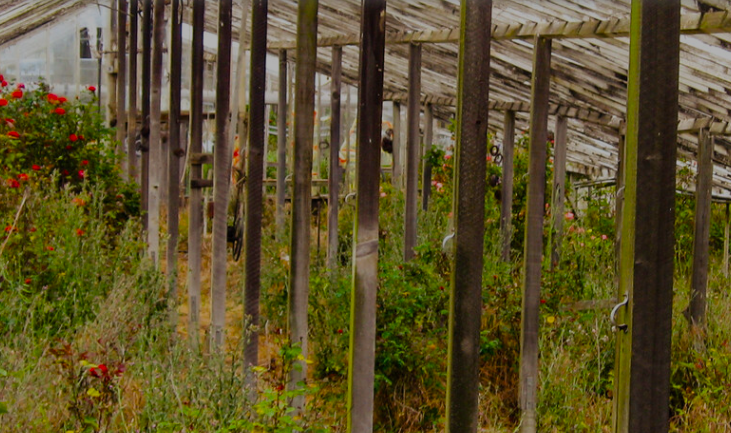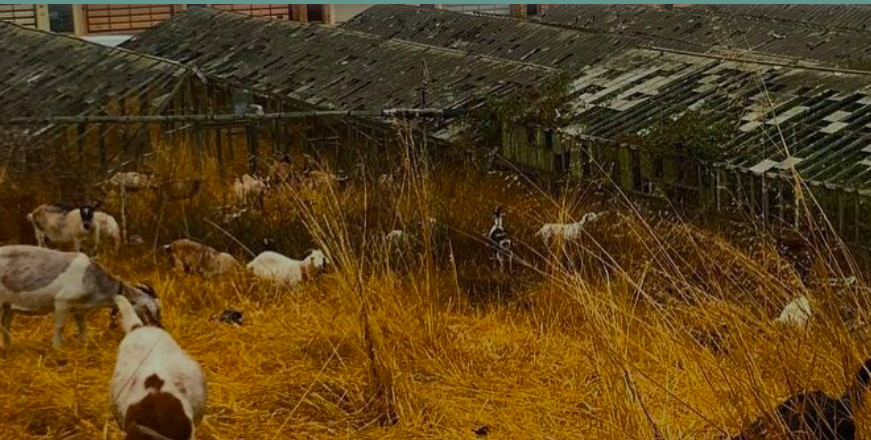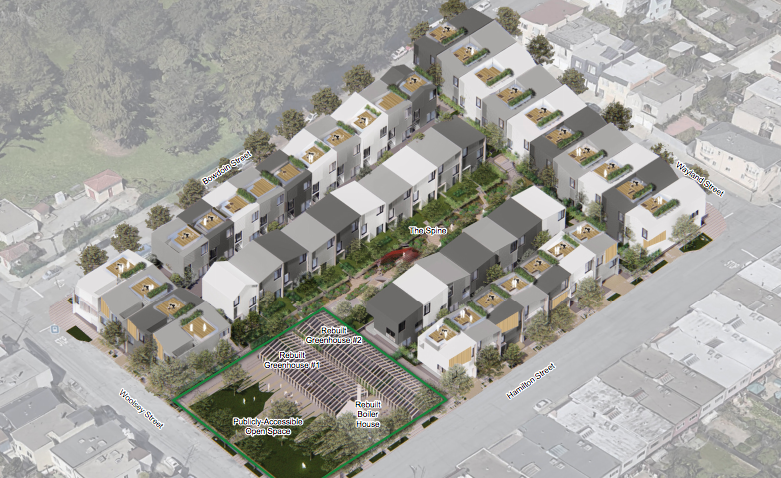City Hall starts to shut down for a few weeks in August, but there are a few things on The Agenda for this week.
For starters: We now know how much the city – that means all of us — is going to have to pay for SFPD framing Maurice Caldwell for murder and putting him away for 20 years.
The bill: $8 million.
Caldwell was exonerated and released, and he sued the city, accusing Kitt Crenshaw, then a sergeant and later a commander, of fabricating evidence.
The settlement amount was announced in this week’s board agenda.
From Julian Mark’s exceptional reporting in Mission Local:
Only five months before, Caldwell had filed a complaint against Crenshaw, then a narcotics sergeant, for allegedly choking and beating Caldwell and promising to “kill” him and “get the drop on” him. Crenshaw had admitted to making the statements.
In the two years leading up to the interaction in which he threatened Caldwell, Crenshaw had received 25 citizen complaints, none of which were sustained. (When he retired as a commander in 2011, Crenshaw had accumulated 66 citizen complaints.)
Since Crenshaw retired at the rank of commander, and he’s eligible for as much as 90 percent of his highest base salary as a pension, he’s likely collecting around $180,000 a year from the taxpayers for the rest of his life.
The City Attorney’s Office recommended the settlement, under which Crenshaw and the Police Department would admit no wrongdoing.
Help us save local journalism!
Every tax-deductible donation helps us grow to cover the issues that mean the most to our community. Become a 48 Hills Hero and support the only daily progressive news source in the Bay Area.
The Land Use and Transportation Committee will hold a hearing Monday/26 on how San Francisco can significantly cut its carbon footprint by shifting from natural gas to electricity in buildings.
The data is pretty clear that electrification is the only way to get rid of fossil-fuel consumption in many parts of our everyday lives – particularly if we can get rid of natural gas and coal-fired power plants and generate electricity in a renewable way.
The Budget and Legislative Analysis looked at the issue, and concluded that 38 percent of the city’s greenhouse-gas emissions are from burning natural gas. The office also concluded that it would cost as much as $5.8 billion to replace every gas appliance in the city with an electric alternative.
The supes have already banned natural gas in new buildings. Now it’s a question of how much more the city can do with what exists now – and who will pay for it.
That hearing starts at 1:30.
The Planning Commission will hold a hearing Thursday/29 on a plan to turn a full square block in the Portola District into 62 duplex housing units, 12 of them affordable.
But the site is really unusual: For decades it was a nursery for roses, and it’s now covered with abandoned greenhouses. The family that ran the rose farm shut it down in 1990.

The Portola is now officially recognized as the city’s Garden District. As Friends of 770 Woolsey points out:
By the 1920s the Portola was home to dozens of family-owned nurseries, which covered upwards of 30 blocks in the neighborhood and grew produce and the great majority of flowers sold in San Francisco. For over 70 years, the neighborhood was overflowing with azaleas, carnations, orchids, roses, snapdragons, and many other flowers and crops grown for sale at the San Francisco Flower Mart. The SF Flower Mart has been recognized as one of the only grower-owned wholesale flower markets in the U.S. and as a site of inter-ethnic cooperation. No neighborhood outside of the Portola hosted such a dense concentration of commercial flower operations.
The iconic University Mound Nursery, located at 770 Woolsey Street, encompasses a full city block, including 18 redwood and glass greenhouses. The greenhouses were constructed by the Garibaldi brothers, who immigrated in the early 1900s – a period when more than 20,000 of their Italian countrymen immigrated to SF and when residential settlement gradually increased in the Portola. Remarkably, while the majority of greenhouses in SF had closed by the 1960s, the Garibaldi family continued to grow roses for sale at the SF Flower Mart until 1990. For the past 25+ years, the site has sat unused. Original rose bushes continue to grow among the broken glass and weathered wood, their brilliant blossoms reminding neighbors of the beauty the site once held, and may again offer.
The group wants to see the site transformed into a working urban farm, and 2.2 acres is plenty of room for a financially sustainable operation.

Sup. Hillary Ronen worked with the potential developer and the community to come up with a deal: If Friends of 770 can raise $8.5 million in the next 15 months, the group can buy the land.
As Ronen told the Chron: “To have a working farm in the middle of San Francisco’s garden district is a pretty wonderful opportunity.”

But while the fundraising is underway (you can make a donation here) the deal allows the developer to continue with the project.
So the commissioners will consider the Draft Environmental Impact Report on a project that may never happen, as the clock continues to tick on what could be the biggest urban farm in San Francisco.
The commission will also meet, along with the Recreation and Parks Commission, to consider whether a 236-foot building at 530 Sansome Street should be allowed to cast a shadow over Maritime Plaza and Sue Bierman Park, which is named after the former commissioner and supe who was a champion of the San Francisco urban environment.
Prop. K, the 1984 ballot measure protecting sunlight in the parks, was designed to prevent any building from casting a shadow on public open space. The only way around that is if the developer gets consent from both Planning and Rec-Park.
Back then, Bill Maher, the supervisor who pushed the issue, told me a few years ago, the Rec-Park Commission was made up of people who really cared about the parks, and who were unlikely to approve any shadows at all.
Today, not so much: The president of the commission is a real-estate developer. Another member is a real-estate lawyer. Another is the president of the Building Trades and Construction Trades Council, which has always, always, supported virtually any type of development, no matter the environmental impact, that would create union jobs.
Anybody want to guess how this one will turn out?



